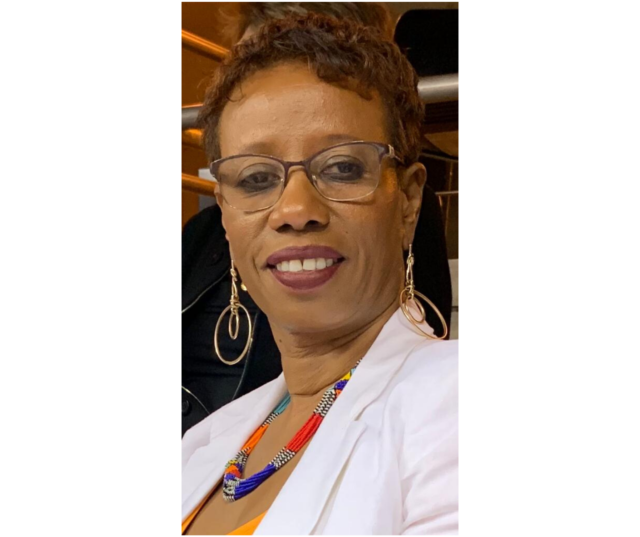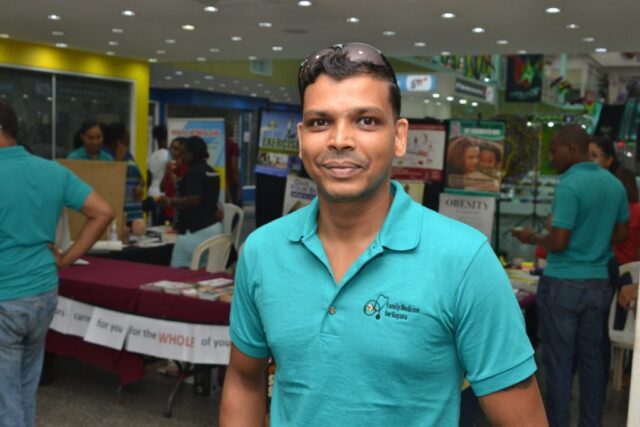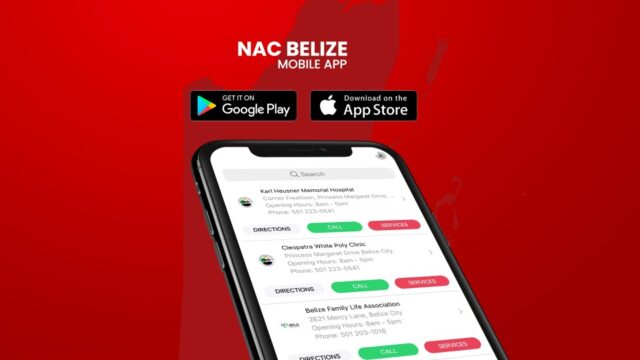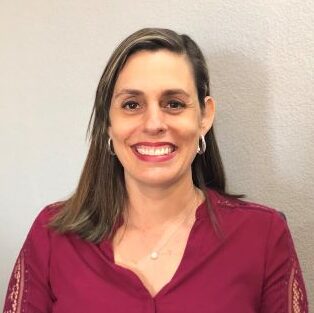Concerning moral instruction
There is much that needs to be taught to our children
Tools to help develop a concept of positive thinking
Building a foundation on sobriety to support their understanding
Education is important
Lessons to assist with navigating through life will prove salient
Policy pontificates planting seeds of purpose
But action activates actualisation in the youth among us.
To state it simply, talking is not enough
Implementation and pragmatism must lie at the cusp
Some of the best examples we see of prevention policy implementation
Come from our observation of the animal kingdom
On the topic of adolescent pregnancy prevention
Adolescence itself is only a small part of the equation
Policymakers act as parents
Providing a foundation for the youth in this instance
Like the old people in all their wisdom would roar
Prevention is always better than cure
It is vital for us to know
The importance of teaching our young as they grow
Animals do it
So why do we as humans never seem to get the gist?
Empty crocus bag can’t stand up
Therefore we must pour value into our children –
Filling them, edified from bottom to top
Because before belly start to grow
There is much that goes on that you just don’t know
Children without properly constructed value systems
Are more likely to find themselves in compromising situations
In order to prevent such a revelation
Guidance is needed through wisdom and admonition
For example, look at the cheetah
On land, known as a quick and deadly predator
These animals generally go through stages
Cubs, adolescents and adults life through the ages
Despite being a predator, the female cheetah will stay with her young for as long as she could
In most cases, they are together straight into adulthood
This parenting formula
Is to ensure the youth do not fall prey to another predator
Because this parent understands that her child is vulnerable to the elements
And that it is in need of being taught the simple skill of discernment
In the case of the eagle, bird with majesty
High flight, speed, strength and beauty
So many qualities of richness to uncover
As a result, they teach their young the keys in keeping with that demeanour
Before eagles start to teach their young about flying
They ensure they know the concept of flapping
Gripped firmly to the nest, wings spread
And wind resistance will promote movement
That understanding is vital information to be taught
Before the lesson of flight to the nest is brought
The same concept applies to children
Values are to be instilled from an early age within them
Stand by their side, support and nurture
Help with the building of qualities promoting resilience in character
If animals understand it
That means we as humans could get this gist
Another topic
One where there is a lot for us as humans to mimic
Is that teaching is not all that there is
In most cases, the environment can determine the promise
Of either torment or bliss
Parents must be aware of where they place their child
One wrong decision can cause grief beyond the boundaries mild
Imagine putting your child in the arms of a predator
And you there, open and trusting – none the wiser
Vigilance is a huge part of the prevention strategy
Understanding the qualities that comes with the territory
Rock-a-bye baby on the treetop
When the wind blows the cradle will rock
When the bough breaks the cradle will fall
And down will come baby, cradle and all.
That is what we sing
And no doubt promoting
Meanwhile, the eagle is building her nest out of harm’s way, away from predators
And we as humans put our children on the branches of impending danger
A turtle will lay its eggs in holes for protection
A chicken will sit on its nest for 21 days like a watchman
The animals seem to know it
So why can’t we get the gist?
Environment is important
To that understanding, we cannot afford to be resistant
If you are situated in a location where danger is imminent
Protection by herding is recommended and salient
Look at an elephant
Babies are quite vulnerable to predators on the hunt
So adults would create a barrier to secure its protection
No doubt – strategies coming out of experience and wisdom
Creating a wall-like stampede, scaring predators off
Intended to protect the promise of their young at all cost
And if animals could understand all this
Why is it so difficult for us as humans to get the gist?
Instead, we singing rock-a-bye baby,
With our children up in a tree
If we continue with this mentality
Pregnancy prevention will become an alien concept, completely
In fact, a hands-off approach might just be promoting the opposite
But programmes promoting action are things from which many can profit
Animals already seem to understand it
Now it is our turn as humans to get the gist.












